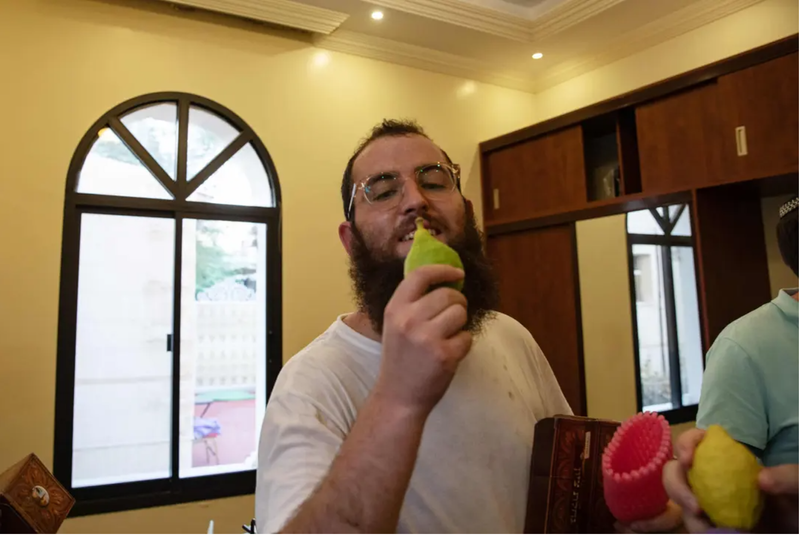Ohio Woman Won’t Be Charged With Abuse of Corpse Over Miscarriage
The Trumbull County, Ohio, grand jury on Thursday decided against indicting Brittany Watts — a 34-year-old Black woman who miscarried and passed her 22-week fetus in her bathroom in September — for abuse of a corpse....
Facts
- The Trumbull County, Ohio, grand jury on Thursday decided against indicting Brittany Watts — a 34-year-old Black woman who miscarried and passed her 22-week fetus in her bathroom in September — for abuse of a corpse.1
- Previously, a municipal judge had found probable cause to charge Watts — who had visited the hospital twice before her miscarriage and was informed by her doctor she was carrying a nonviable fetus — due to her actions following the miscarriage.2
- After her miscarriage, Watts returned to the hospital to have the placenta removed. The hospital alerted the Warren Police Department, which found the remains of the fetus at Watts’ home.3
- Watts was arrested and charged with a felony. She pleaded not guilty and was released on bond.3
- After the decision on Thursday, Watts addressed the 150 or so supporters who’d gathered for a “We Stand With Brittany!” rally at the courthouse.4
- Watts was charged before November 2023, when Ohio voters enshrined abortion rights in the state’s constitution by passing an amendment to counter a Republican-sponsored effort to prohibit almost all abortions after six weeks.5
Sources: 1USA Today, 2Associated Press, 3Yahoo News, 4BET and 5ABC News.
Narratives
- Left narrative, as provided by Truthout. Attempts to criminalize women for self-managing a miscarriage in states where women’s bodily autonomy isn’t recognized were present long before the US Supreme Court ruling to overturn Roe v. Wade. And people of color are disproportionately affected by the enforcement of these types of laws. The grand jury’s decision was right, but Watts shouldn’t have been put through this ordeal in the first place.
- Right narrative, as provided by Daily Wire. It's important that states prevent abortion on demand, and Ohio’s pro-life abortion law worked as designed in this case. Contrary to some falsehoods being spread, miscarriages aren’t illegal. But considering the circumstances surrounding Watts’ situation — particularly her callous actions following the miscarriage — the authorities had to investigate her actions to be sure she hadn’t run afoul of the laws.







